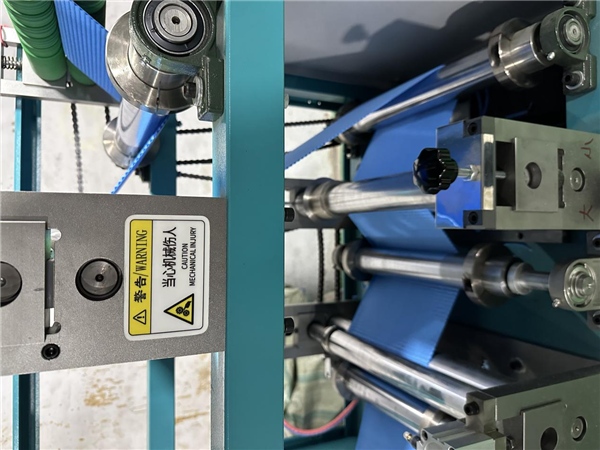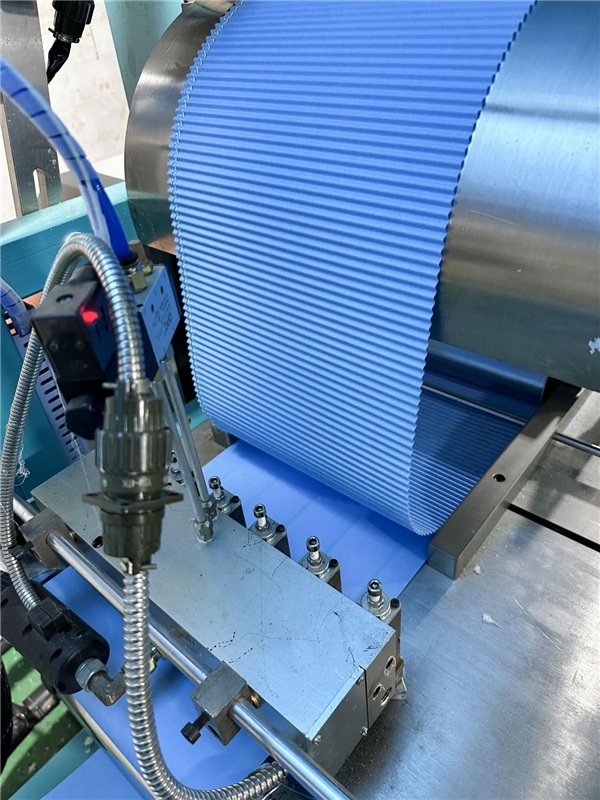Air filters in cars are crucial components in the engine systems that are responsible for ensuring clean air is supplied to the engine. The air filters work by capturing airborne dirt particles and other debris before the air reaches the engine. This filter Mechanism protects the engine from contamination and reduces wear and tear on engine components. Without an air filter, contaminants such as dust, pollen and small debris would accumulate in the engine, leading to damage and poor performance.
The basic function of an air filter is to remove impurities from the air that is allowed into the engine. The air filter is so designed that it allows a certain amount of clean air to pass through while blocking out the pollutant-laden particles. A typical air filter made of porous materials such as paper, foam or cotton, which act as a barrier, intercepting dirt and other tiny particles.
The design of air filters varies greatly, but the underlying principle is the same. They must allow air to flow freely, while trapping as many particles as possible. Different types of air filters have different levels of efficiency. Paper air filters are the most common type, and they offer moderate filtration efficiency. These filters are the most affordable but must be changed regularly, usually every 12,000 to 15,000 miles. Foam filters are reusable and require cleaning and oiling, which increases their efficiency. They are more expensive but last longer than paper filters. Cotton filters are the most efficient, providing superior air filtration, but they are more expensive and require more maintenance.
Replacing the air filter is a simple task that can be performed by an experienced vehicle owner. The air filter is usually located in a compartment in the engine called the air cleaner. This component can be easily removed and replaced with a new one. It is generally recommended to replace the air filter every 12,000 to 15,000 miles, depending on the type of filter and driving conditions. However, in dusty environments and during the peak of pollution, more frequent replacements may be necessary.
A clogged air filter can lead to engine problems such as reduced power, decreased fuel efficiency and even engine damage. The air filter helps to facilitate oxygen flow into the engine, which is essential in engine combustion. A clogged air filter deprives the engine of oxygen, which can lead to a decrease in fuel efficiency and eventually engine failure. To avoid these problems, it is important to replace the air filter on schedule and avoid driving on dirt roads or dusty environments if possible.
It is essential to understand the importance of properly functioning air filters in modern vehicles. Air filters perform a valuable service by ensuring clean air is supplied to the engine. They help to enhance engine performance and efficiency, while also protecting the engine from damage. Regular replacement ensures longevity of the engine, fuel efficiency, and reduced repair costs in the long run. Understanding the mechanics of how the air filter works and the importance of regular maintenance will help ensure your car performs well for years to come.



Post time: Jun-08-2023





